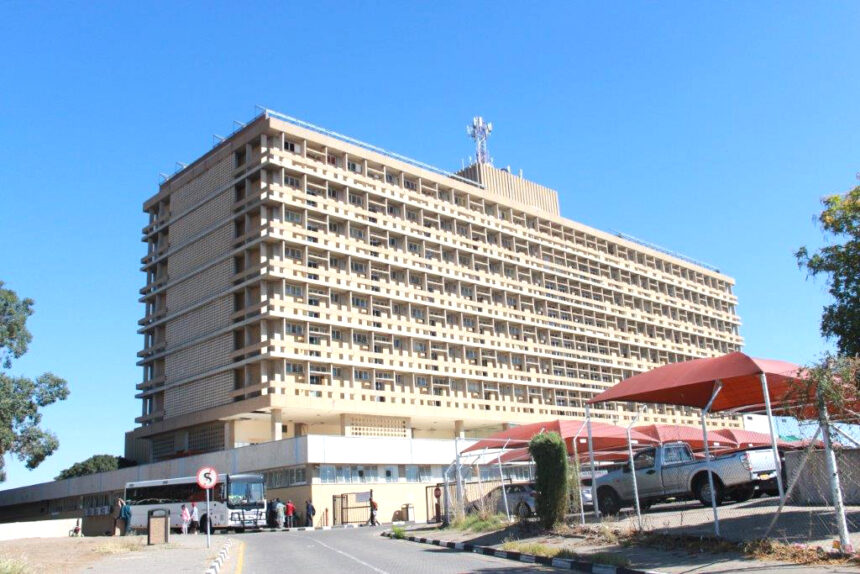Rudolf Gaiseb
The auditor general, Junias Kandjeke, has flagged fund mismanagement in the Ministry of Health and Social Services for the 2023/24 financial year.
The auditor’s qualified report states the ministry outlined goods and services as part of its planned activities in the procurement plan, but used the emergency procurement method for acquiring various goods and services amounting to N$19 million.
This approach was used despite the goods and services not meeting the criteria for an emergency procurement method. This increased costs.
The Public Procurement Act, 2015 (Act 15 of 2015) states, “… ‘emergency’ includes a situation in which the country is either seriously threatened by or actually confronted with a natural disaster, catastrophe, or war; (b) life or the quality of life or environment may be seriously compromised.”
Any of these cases have not been reported in the past financial year.
Additionally, the ministry outlined a well-documented plan to guide the acquisition of goods and services as part of its planned activities.
However, it frequently utilised the direct procurement method for sourcing various goods and services totalling N$35 million, a deviation from the standard Procurement Act.
Meanwhile, the ministry’s main division had an unauthorised expenditure of N$66 million.
“Although Treasury approvals were obtained to utilise certain expected savings for the defrayal of excess expenditure through virements during the year, 15 operational subdivisions and five development subdivisions were exceeded by an amount totalling over N$ 100 million, which is unauthorised in terms of Section 6(a)(iii) of the Act,” the report stated.
Kandjeke noted that the ministry’s accounting officer incurred expenditure amounting to N$11.6 million during the financial year under review, for goods and services that were acquired in the 2022/2023 financial year.
“Payments for this expenditure were made without Treasury authorisation or approval. The ministry sought Treasury approval, but it was rejected,” he said.



